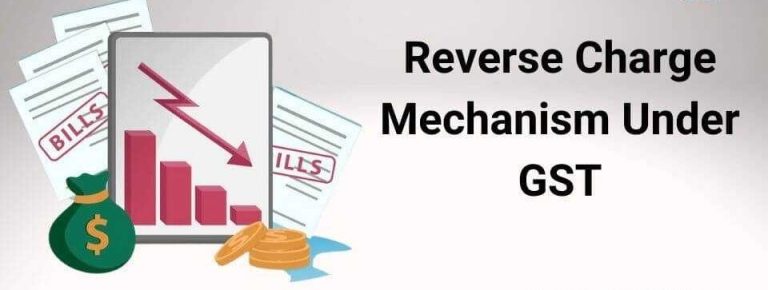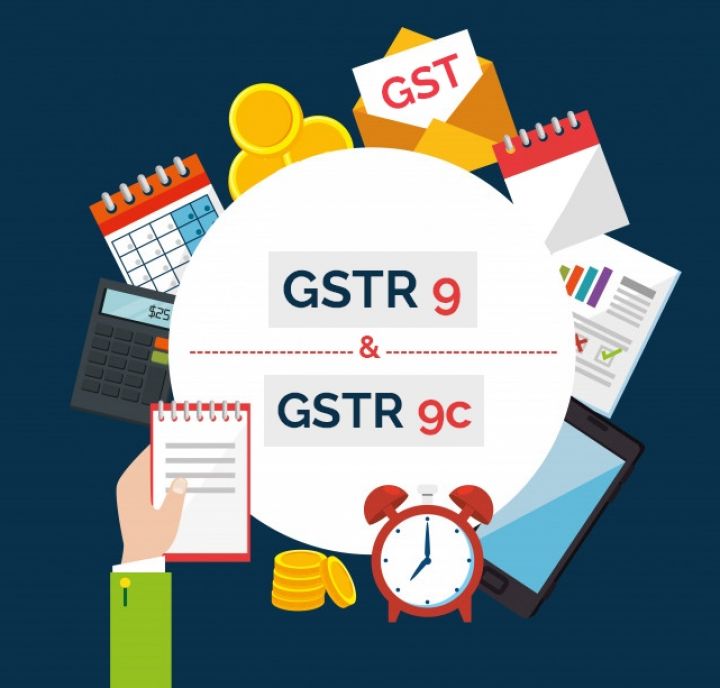Running a small business isn’t easy, especially when it comes to managing finances. From tracking expenses to filing GST and ensuring tax compliance, the challenges can pile up quickly. That’s where accounting software swoops in to save the day. In 2024, small businesses in India have access to a wide range of accounting tools tailored to meet their specific needs.
But with so many options, how do you know which one is right for you? Don’t sweat it! This guide walks you through the best accounting software available in India this year, covering features, pricing, and more.
Why Accounting Software Is a Game-Changer for Small Businesses
Gone are the days of juggling spreadsheets or manually managing accounts. Accounting software automates tasks, reduces errors, and frees up time to focus on growing your business. Plus, with India’s dynamic tax regulations (think GST and TDS), using reliable software ensures you stay compliant.
Here are a few reasons why small businesses swear by accounting software:
- Saves Time: Automation speeds up bookkeeping, invoicing, and report generation.
- Improves Accuracy: Say goodbye to manual errors that can cost you money.
- Ensures Compliance: Handles GST filing, TDS, and tax deadlines with ease.
- Boosts Efficiency: Centralizes data, making it easier to access and manage finances.
- Scales with Your Business: As your company grows, the software adapts to your needs.
Now that you know why you need it, let’s dive into the best accounting software options available in India.
Top Accounting Software for Small Businesses in India in 2024
Here’s a list of the most popular and reliable accounting tools that Indian small businesses can’t stop raving about:
1. TallyPrime
TallyPrime is practically a household name in Indian businesses. Known for its simplicity and powerful features, it’s a go-to solution for managing accounts and GST compliance.
Key Features:
- GST-ready with automated filing.
- Inventory management and payroll processing.
- Multi-language support for Indian businesses.
- Real-time business reports and insights.
Pricing:
Starts at ₹15,000 per year.
Best For:
Businesses looking for a trusted, all-in-one solution.
2. Zoho Books
Zoho Books has quickly gained popularity among small businesses in India for its affordability and user-friendly interface. Plus, it integrates seamlessly with other Zoho tools, making it great for businesses already in the Zoho ecosystem.
Key Features:
- GST-compliant invoicing.
- Bank reconciliation and expense tracking.
- Client portal for easier communication.
- Cloud-based access, so you can work from anywhere.
Pricing:
Free for businesses under ₹25 lakh turnover. Paid plans start at ₹799 per month.
Best For:
Startups and small businesses needing flexibility and scalability.
3. QuickBooks
An international favorite, QuickBooks has made its mark in India by catering to small and medium businesses. It’s particularly useful for freelancers and service-based industries.
Key Features:
- GST filing and tax calculation tools.
- Automatic expense categorization.
- Easy-to-generate financial reports.
- Multi-currency support for global transactions.
Pricing:
Starts at ₹500 per month.
Best For:
Freelancers and small businesses with international clients.
4. Marg ERP
Marg ERP stands out for its ability to handle both accounting and inventory management. It’s a robust tool designed for retail, manufacturing, and distribution businesses.
Key Features:
- GST billing and filing.
- Inventory and order management.
- Barcode integration for retail businesses.
- Customizable reports.
Pricing:
Starts at ₹12,000 per year.
Best For:
Businesses in retail and manufacturing.
5. Vyapar
Vyapar is tailored specifically for Indian small businesses, offering a simple yet effective tool for managing day-to-day accounting needs.
Key Features:
- GST-compliant invoicing and billing.
- Inventory tracking for small shops.
- Offline mode for areas with poor internet connectivity.
- Free mobile app for on-the-go accounting.
Pricing:
Free basic version. Paid plans start at ₹599 per year.
Best For:
Small shops and sole proprietors.
6. Xero
Xero is another cloud-based solution that has gained traction in India. Its sleek interface and powerful features make it a favorite among modern businesses.
Key Features:
- Automated invoicing and payment reminders.
- Real-time bank feeds for accurate reconciliation.
- Integration with 800+ third-party apps.
- Detailed financial reporting.
Pricing:
Starts at ₹1,800 per month.
Best For:
Tech-savvy businesses with complex needs.
How to Choose the Right Accounting Software for Your Business
Not sure which option fits the bill? Keep these factors in mind:
1. Business Size and Type
Are you a retailer, a service provider, or a manufacturer? Your industry can determine your software needs. For instance, Marg ERP is perfect for inventory-heavy businesses, while Zoho Books suits service-based ones.
2. Budget
Accounting software comes at all price points. Some, like Vyapar, offer free basic versions, while others, like Xero, cater to high-end needs. Set a budget and look for tools that offer value for money.
3. GST and Tax Compliance
With GST being a must for Indian businesses, choosing a GST-ready tool is crucial. TallyPrime, Zoho Books, and QuickBooks excel in this area.
4. Scalability
Your business will grow—at least, that’s the goal! Choose software that can handle increased transactions and additional users as you scale.
5. Cloud vs. Offline
Do you need the flexibility of accessing your data from anywhere? Opt for cloud-based solutions like Zoho Books or Xero. If not, offline tools like TallyPrime work just fine.
Trends to Watch in Accounting Software in 2024
Accounting software is evolving rapidly, and staying updated can give your business a competitive edge. Here are some trends to keep an eye on:
- AI-Powered Insights: Tools are now using AI to generate financial forecasts and detect anomalies.
- Mobile Accounting: More businesses are managing finances on the go with mobile-friendly apps.
- Integration with Business Tools: Accounting software now integrates seamlessly with CRM, HR, and other systems.
- Advanced Security: With sensitive financial data at stake, encryption and multi-factor authentication are becoming standard.




